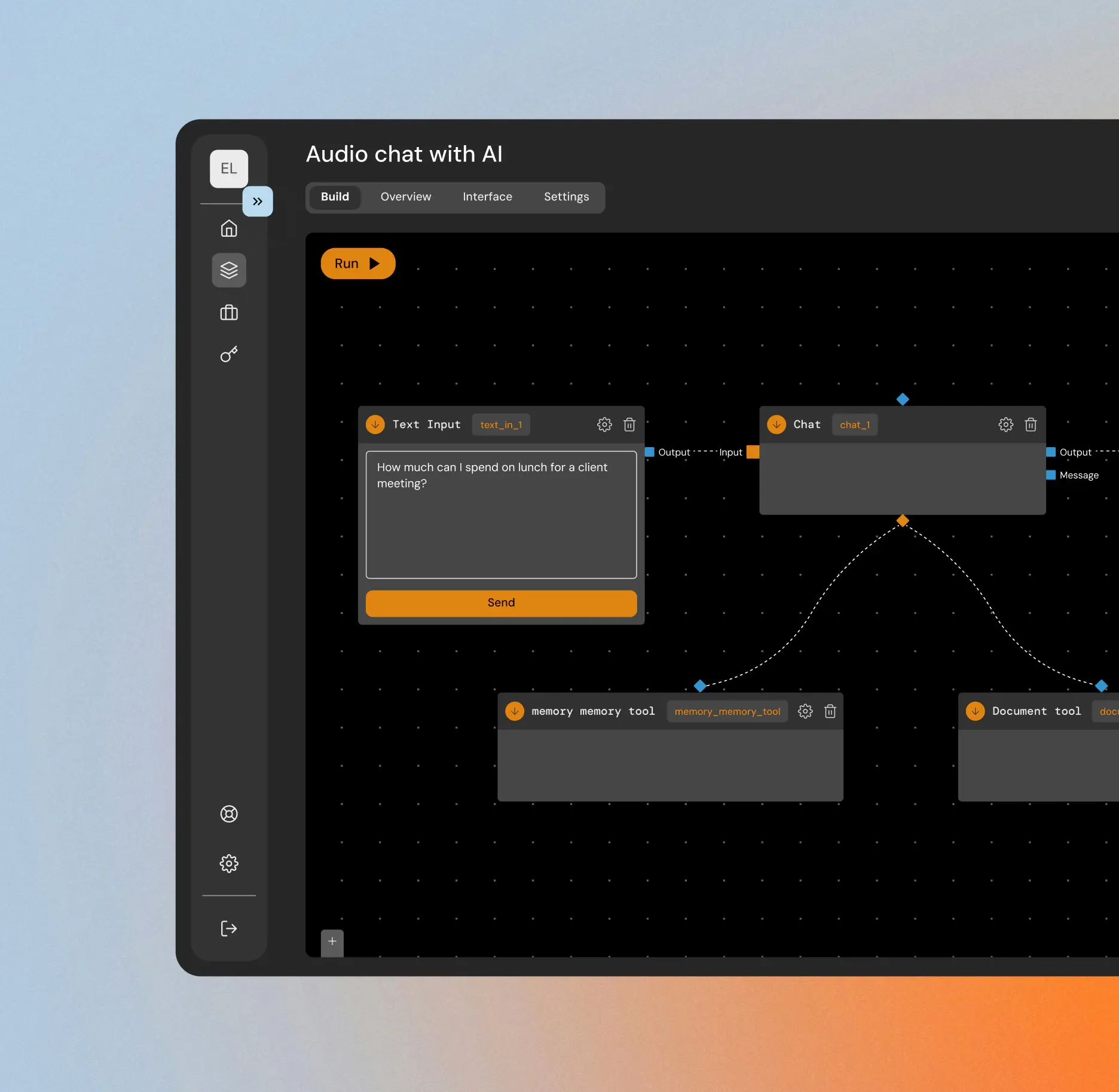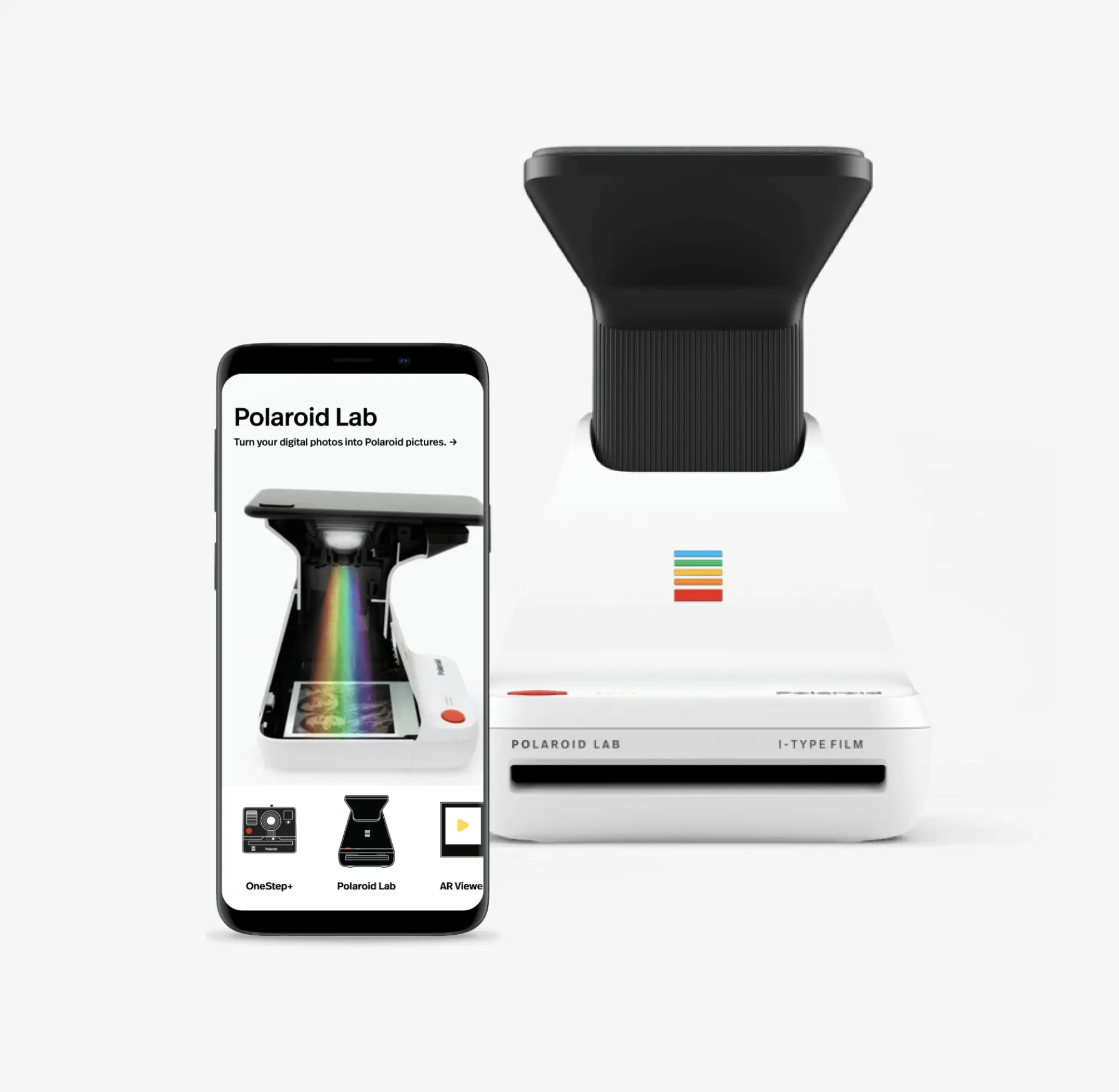Elympics
Building a Scalable Web3 Gaming Ecosystem
Expertise
Frontend Development
Platforms
Web
Industry
Web3
Tools
Next.js
C#
MongoDB
PostgreSQL
react-query
Zustand
The Client
Bridging Web3 and Gaming Innovation
Elympics is a Web3 gaming startup developing an innovative protocol that enables players to participate in zero-sum wagers in skill-based games. The company also provides tools for game developers, including an SDK designed for seamless integration with the Elympics ecosystem.
The Challenge
Scaling Pains and Cross-Team Inefficiencies
As Elympics rapidly scaled, the complexity of managing multiple interconnected components became a growing challenge. A lack of structured communication and development roadmaps led to inefficiencies across frontend, backend, and SDK teams. Our role was to introduce project management best practices while delivering key frontend features that enhanced both the player and developer experience.

What We Did
Introducing Scrum and Enhancing Core Applications
To streamline development, we introduced Scrum methodologies, ensuring more structured planning and better coordination between teams. Simultaneously, we focused on building and refining essential frontend components across three core applications: Player’s Cockpit, Developer Console, and PlayPad. Each was enhanced to improve performance, scalability, and usability within the Elympics ecosystem.
Features Developed
Player’s Cockpit: A Feature-Rich User Experience
The Player’s Cockpit was migrated from Create React App with JavaScript to Next.js with TypeScript, improving maintainability and application speed. A Quests system was introduced to drive player engagement through daily challenges, while the Respect Points module allowed users to earn Respect, Elympics’ in-game currency, through gameplay. Match History provided insight into past games and performance tracking. A Referral System encouraged organic growth by rewarding players for inviting friends. Additionally, an NFT Management module enabled players to mint and manage their digital assets, strengthening Web3 integration.
Developer Console: Empowering Game Creators
Built from scratch using Next.js with TypeScript, the Developer Console became a central hub for game creators. It allows developers to add and manage games, access real-time analytics, and utilize a Version Control System to track game builds and updates. A Matchmaking Queue Management System was implemented to control match configurations, while game settings provided flexibility in adjusting gameplay mechanics.
PlayPad: Seamless Unity Integration in the Browser
PlayPad, a Next.js with TypeScript web application, was designed to seamlessly integrate Unity into a browser-based experience. Large portions of game-related business logic were migrated from C# to JavaScript, improving scalability. Web3 Authentication was moved from the backend (.NET SDK) to the frontend, ensuring a more streamlined and decentralized login experience using crypto wallets. A ticketing system for paid tournaments introduced blockchain-based competitive play. A communication protocol between the frontend and .NET SDK ensured stable interaction across system components, optimizing performance.
.webp?width=4794&height=2361&name=cs_image%20(1).webp)
Results & Impact
Conclusions & Futre Impact
- Elympics now runs on a more stable, scalable infrastructure.
- Workflows are streamlined, improving both player and developer experiences.
- Key modules like PlayPad, NFT management, and developer tools are ready for scale.
- The platform is well-positioned for future growth in Web3 gaming.
- Project insights lay the groundwork for continued innovation and collaboration.



